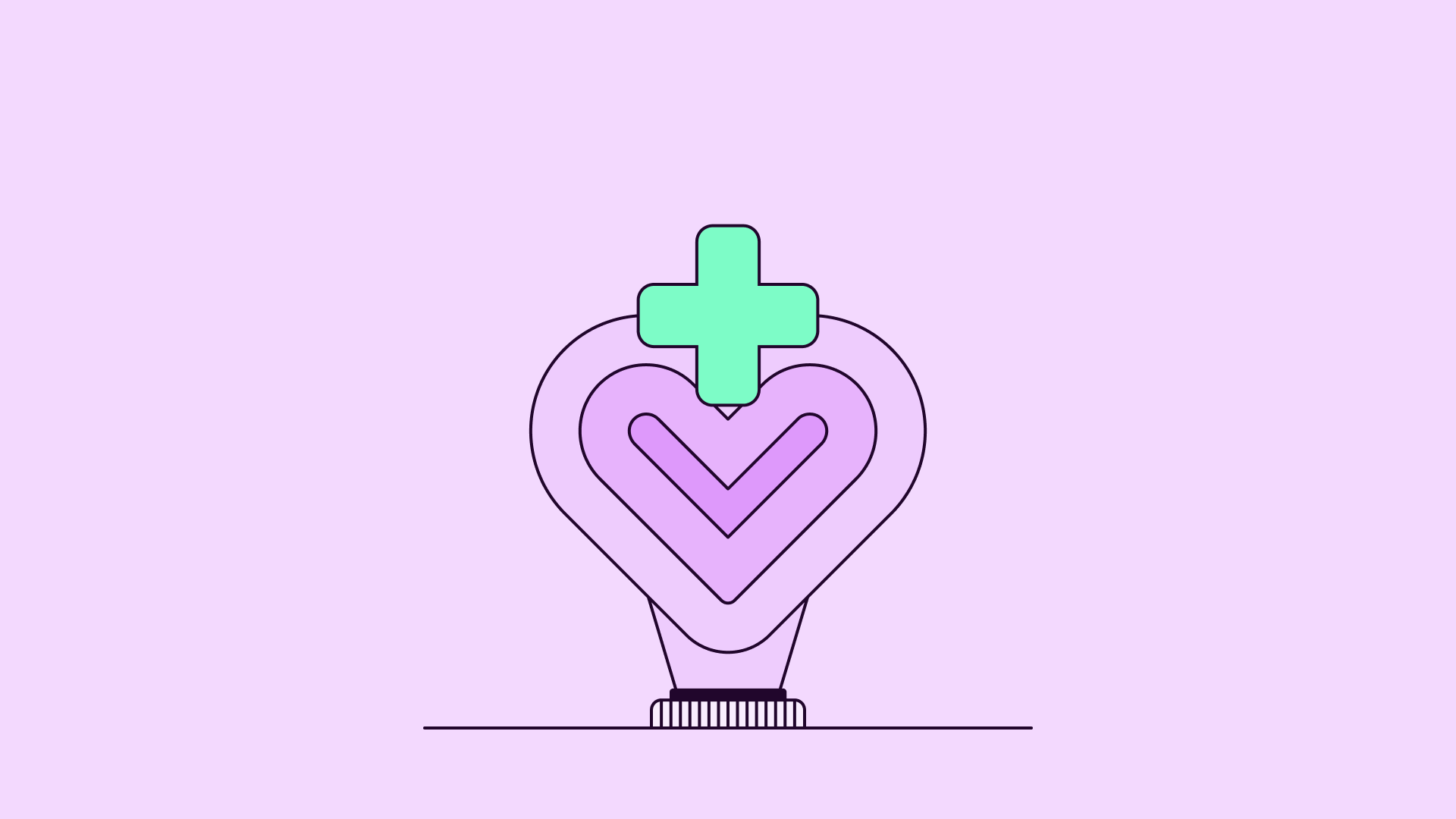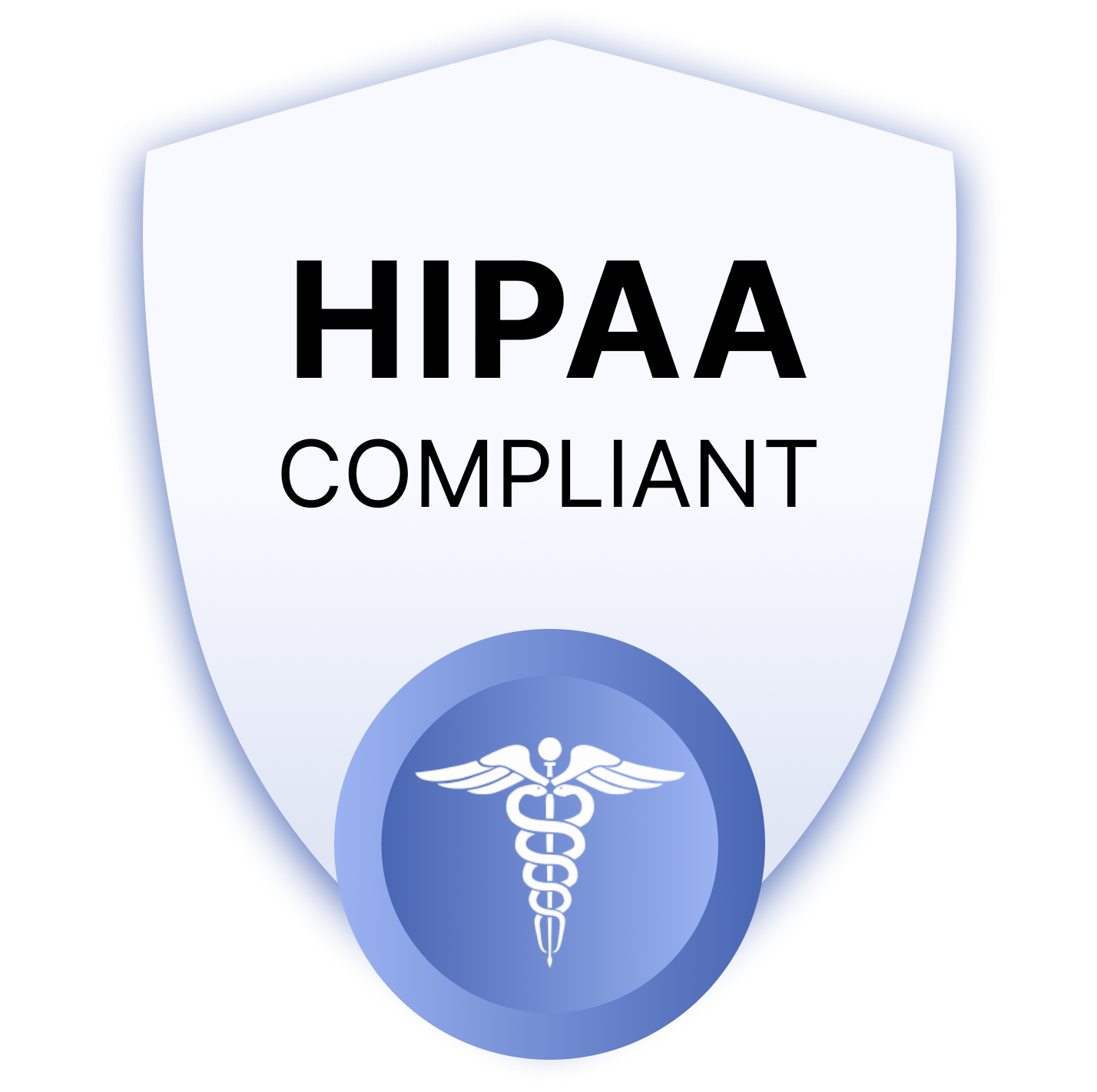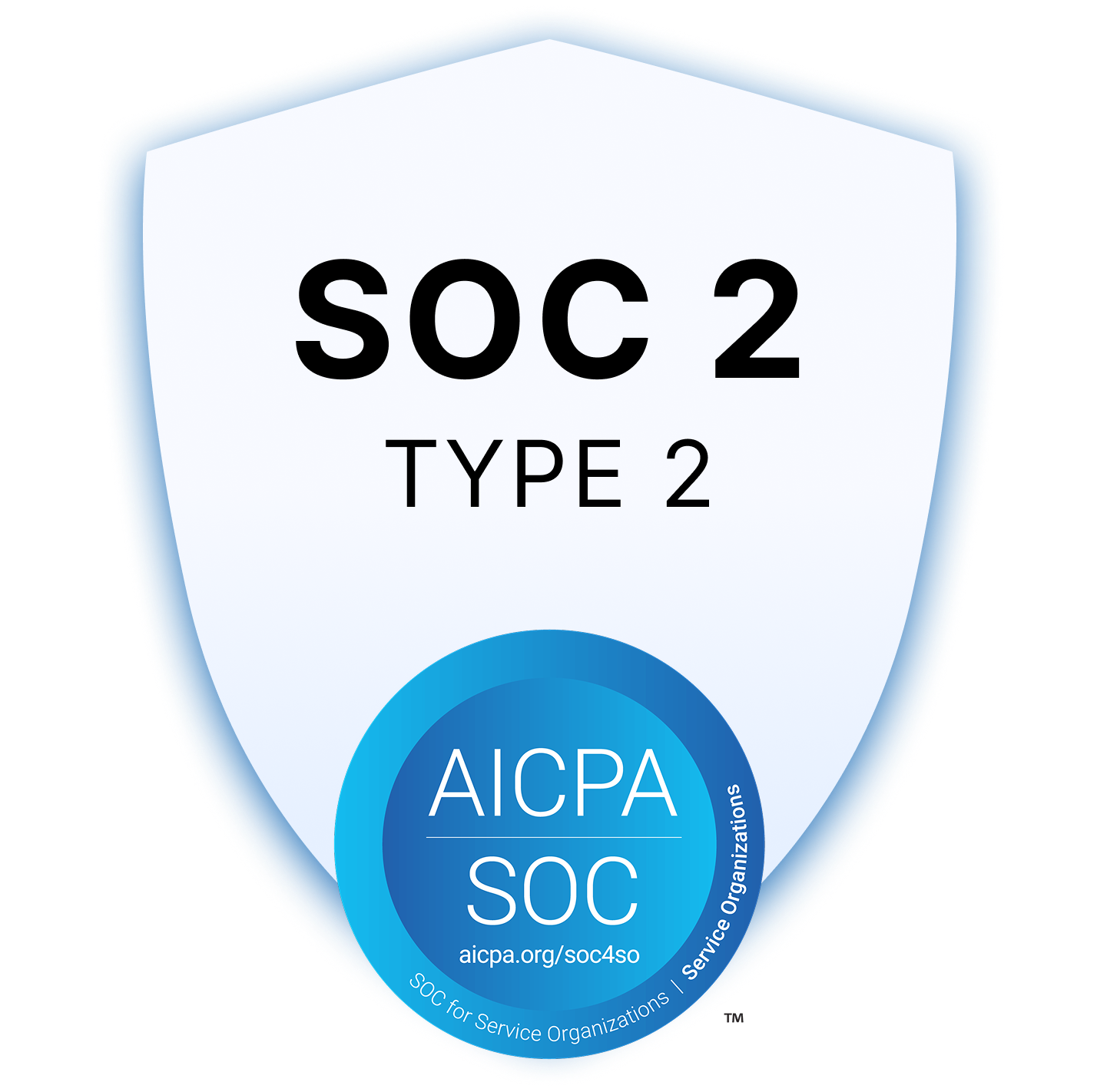
AI in Healthcare
5 mins
AI Agent Use Cases in Healthcare: 10 Real-Life Examples
Summary
Your Competitors Are Embracing AI – Are You Falling Behind?
Artificial intelligence is no longer a futuristic concept; it’s actively shaping the way industries operate, with healthcare at the forefront of this transformation.
One of the most exciting developments is the rise of AI agent use cases, where intelligent systems assist doctors, patients, and administrators in delivering faster and more accurate care.
From diagnostic support to workflow automation, these applications are driving better outcomes and efficiency across the healthcare ecosystem.
In this article, we’ll explore AI agents examples in healthcare, highlighting how they improve diagnostics, patient support, treatment planning, and overall medical efficiency.
TL;DR
- AI agents improve diagnostic accuracy through imaging and predictive analytics.
- AI agents use cases in healthcare streamline patient support with intelligent chatbots and virtual assistants.
- Hospitals use AI agents to optimize resource allocation and workflow management.
- In healthcare, AI agents support both clinicians and patients, driving better efficiency and outcomes.
AI Agent Applications In Healthcare: 10 Real-life AI Agent Use Cases
When considering what are some real-world applications of AI agents in healthcare, these intelligent agent examples stand out:
1. Diagnostic Support
AI agents are transforming diagnostics by analyzing vast amounts of structured and unstructured medical data at speeds impossible for humans. These systems integrate patient histories, lab results, and imaging scans to detect patterns and flag anomalies.
For instance, AI can detect early-stage cancers or rare diseases that might otherwise go unnoticed, reducing misdiagnoses and enabling earlier interventions that improve survival rates.
Physicians benefit from evidence-based recommendations that augment their expertise, leading to more confident and timely diagnoses.
2. Medical Imaging Analysis
Medical imaging has long been a cornerstone of healthcare, but the sheer volume of scans creates challenges for radiologists. AI agents address this by automatically reviewing CT, MRI, and X-ray images, highlighting areas of concern for deeper review.
Beyond spotting abnormalities, these agents can quantify tumor growth, measure organ function, or track disease progression over time.
This not only speeds up reporting but also ensures greater consistency, helping radiologists reduce fatigue-related errors and focus on complex cases.
3. Predictive Analytics For Patient Risk
By processing patient data alongside population-level health trends, AI agents provide predictive insights that help clinicians anticipate complications. For example, an AI system may flag a patient’s likelihood of sepsis based on subtle changes in vitals long before symptoms escalate.
Hospitals use these insights to allocate ICU beds more effectively, prepare for staffing needs, and implement preventive care programs.
This proactive approach improves patient safety, lowers readmission rates, and reduces the financial burden on healthcare systems.
4. Virtual Health Assistants
Virtual health assistants powered by AI are becoming frontline tools in patient engagement. These intelligent agents can handle routine inquiries like medication instructions, pre-appointment preparation, and insurance guidance.
More advanced systems use natural language processing to conduct symptom triage, directing patients to the right level of care, whether telehealth, urgent care, or emergency services.
By taking on repetitive tasks, these assistants reduce staff workload while providing patients with 24/7 access to accurate information and support.
5. Clinical Decision Support
Clinical decision-making often requires synthesizing mountains of medical literature, patient records, and treatment guidelines. AI-powered clinical decision support agents accelerate this process by cross-referencing a patient’s case with the latest evidence-based practices.
For example, they can recommend tailored treatment options for oncology patients by combining genetic data with clinical trial results.
These agents don’t replace doctors but provide actionable insights, reducing uncertainty and ensuring treatments are aligned with the most current medical knowledge.
6. Drug Discovery And Development
Traditional drug discovery is costly and time-consuming, often taking more than a decade from research to market. AI agents dramatically shorten this cycle by simulating how thousands of compounds interact with target proteins in silico. This speeds up the identification of promising candidates and reduces the need for costly lab experiments.
In some cases, AI has helped repurpose existing drugs for new conditions, accelerating treatments for urgent health crises such as COVID-19. Pharmaceutical companies increasingly rely on these tools to gain a competitive edge in innovation.
7. Patient Monitoring and Alerts
Continuous monitoring is critical for high-risk patients, but manual observation is resource-intensive and error-prone. AI agents integrated with wearable devices and remote monitoring systems continuously analyze vital signs such as heart rate, oxygen saturation, and blood pressure.
When abnormal patterns arise, the system alerts healthcare teams instantly, enabling intervention before emergencies escalate.
This has proven especially valuable in managing chronic diseases like diabetes and heart failure, where early detection of deterioration can prevent hospitalization.
8. Administrative Workflow Automation
Healthcare professionals often spend significant time on repetitive administrative tasks, reducing face-to-face patient care. AI agents streamline operations by automating scheduling, billing, claims processing, and medical record management.
For example, natural language processing tools can transcribe physician notes directly into electronic health records, saving hours of clerical work.
This not only reduces errors and administrative costs but also improves staff morale by allowing them to focus on higher-value clinical work.
9. Personalized Treatment Recommendations
Modern medicine is moving toward precision healthcare, where treatments are tailored to each patient’s unique biology. AI agents analyze genomic data, lifestyle factors, and treatment history to generate highly individualized care plans.
For example, in oncology, AI can suggest targeted therapies based on the genetic mutations driving a patient’s cancer.
This ensures patients receive the most effective interventions with fewer side effects, representing a major leap forward in patient-centered medicine.
10. Public Health Surveillance
AI agents play a critical role in monitoring health at the population level. By analyzing electronic health records, social media, and even environmental data, these systems can detect early signs of disease outbreaks.
During the COVID-19 pandemic, AI helped model virus spread and identify hotspots for targeted interventions. Today, these tools are essential for managing seasonal flu, predicting hospital surges, and preparing public health agencies for emerging global threats.
In doing so, AI agents not only protect communities but also guide policy and resource allocation.
Should You Build An AI Agent For Your Organization?
AI agents in healthcare applications are no longer experimental; they’re proven. For hospitals, research institutions, and clinics, building AI agents offers clear benefits: reduced costs, better patient satisfaction, and improved accuracy in decision-making.
However, success depends on reliable data, clear goals, and seamless integration with existing workflows.
This is where Keragon helps. Keragon provides a no-code automation platform that connects AI agents to EHR systems, scheduling tools, and communication channels without the need for complex engineering.
With Keragon, healthcare teams can safely automate and coordinate AI-driven workflows while maintaining compliance, efficiency, and measurable results.
AI Agent Examples: Key Takeaways
AI agents are transforming healthcare by enhancing diagnostics, streamlining workflows, and improving patient care through automation and data-driven insights.
What are some real-world examples of AI agents in healthcare? Real-world AI agent use cases include medical imaging analysis, predictive analytics, clinical decision support, and patient engagement through virtual assistants.
These intelligent agents examples not only boost efficiency but also reduce errors and free up valuable time for healthcare professionals.
The most important point is that organizations that adopt AI agents early will gain a competitive advantage in delivering accurate, efficient, and patient-centered care.
FAQs
What Is An Agent In AI?
An AI agent is a software program that perceives its environment, processes data, and takes intelligent actions to achieve specific goals.
In healthcare, this often means assisting doctors, supporting patients, or automating administrative tasks.
What Are The 7 Types Of AI Agents?
The 7 types are: simple reflex agents, model-based reflex agents, goal-based agents, utility-based agents, learning agents, intelligent agents, and multi-agent systems. Each type varies in complexity and autonomy.
Which Is The Most Powerful AI Agent In Healthcare And Life Sciences?
Currently, clinical decision support systems powered by AI, such as IBM Watson Health and Google DeepMind, are among the most impactful.
They integrate vast datasets, research findings, and patient histories to help clinicians make life-saving decisions with confidence.
Unlock 300+ integrations with no hidden fees, bespoke rewards, and dedicated support
Related Articles














